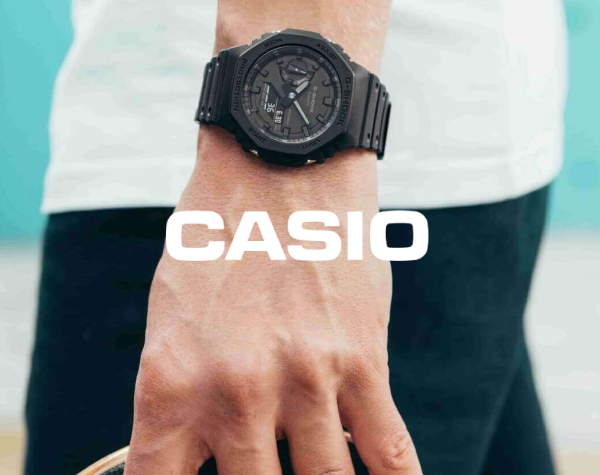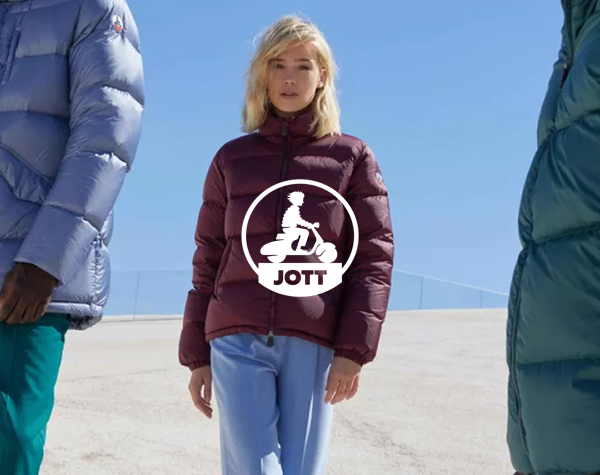

PBS Engages Viewers With Vietnam War Stories UGC Campaign
As one of the most controversial and consequential events in American history, the Vietnam War profoundly affected the lives of an entire generation. To explore the human dimension of the war from every perspective — including the rarely told side of the Vietnamese soldiers and civilians — PBS partnered with award-winning filmmaker Ken Burns to produce the 18-hour documentary series, The Vietnam War.
Wanting to bring the series to life for viewers and promote conversations across multiple generations, PBS needed a way to invite audiences to share their own stories about the Vietnam era and easily weave them into the multifaceted digital experience of the documentary.
“Because the series presents that pivotal point in history from all different sides — whether you were an American soldier, a Vietnamese soldier, a peace activist, etc. — we thought it would be a great opportunity for everyday viewers to tell us their Vietnam story,” said Eric Freeland, Senior Director of Digital Programing at PBS.
As they began crafting their #VietnamStoriesPBS campaign and looking for user-generated content (UGC) platforms to help curate and display viewers’ stories, they realized they would need to provide a simple way for people to contribute their stories, beyond posting it on popular social media networks.
“Our audience tends to skew a bit older and since the content we wanted to capture was pretty personal in nature, we understood that people might not want to post it on their own social network,” Freeland said. “We chose Stackla because the UGC platform could pull in conversations happening in social places online, but also allow folks to upload their content directly to our site — making it easy to obtain content rights, manage and showcase that content across our digital platforms.”
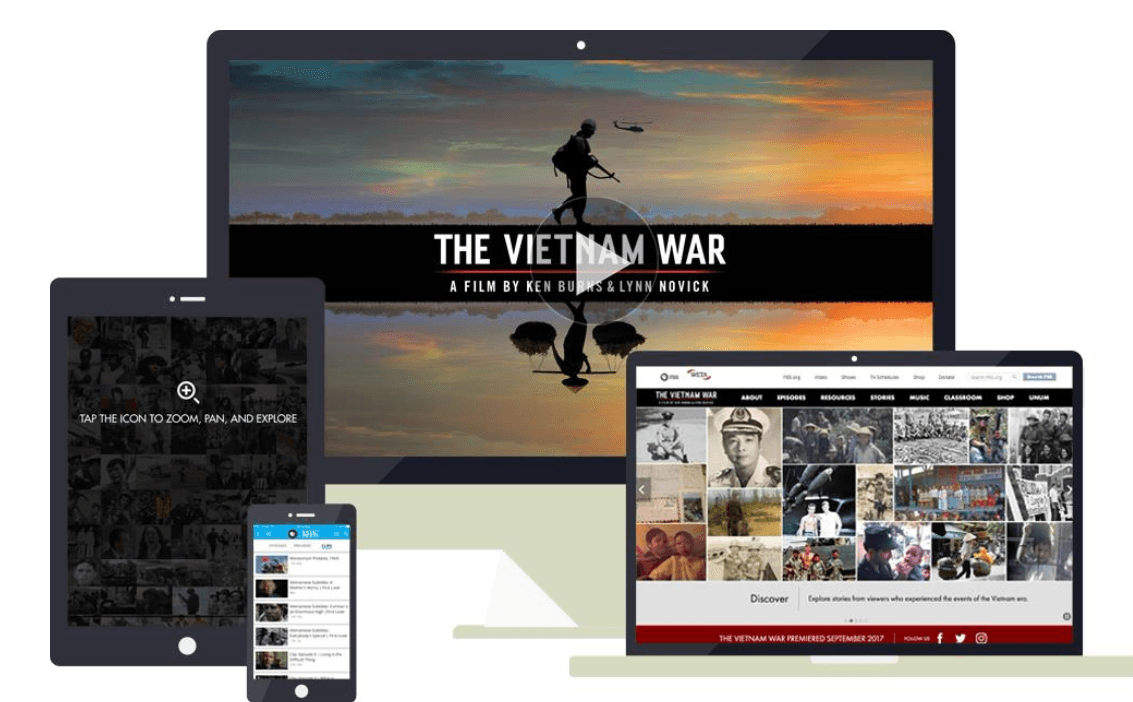
Shining a Light on Viewer’s Vietnam Stories
PBS launched the #VietnamStoriesPBS campaign a month before the series premiered, asking people who had experienced the events of the Vietnam era to share videos, photos, written stories or even songs about those experiences.
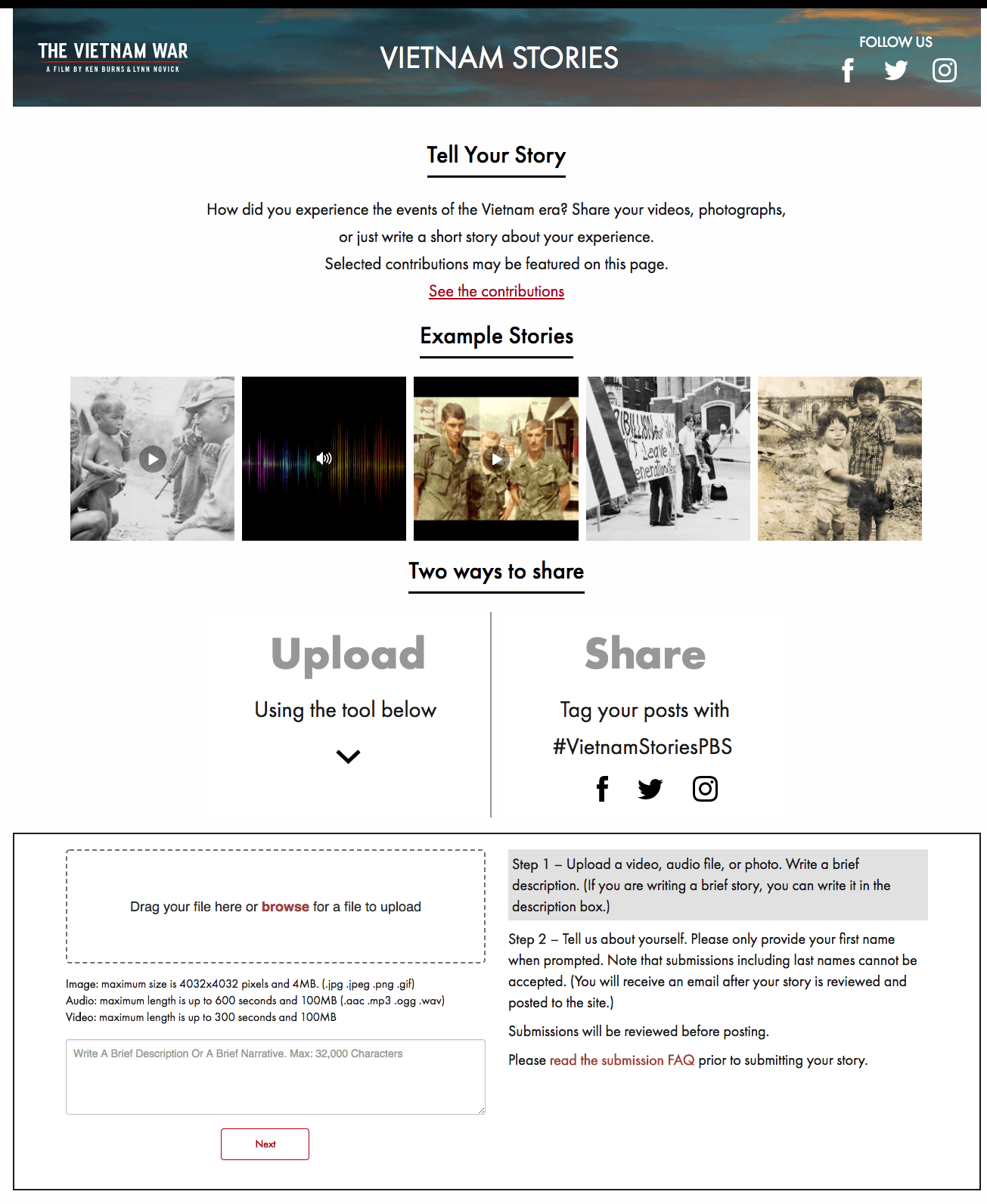
“We wanted to make it available in many different formats so someone could share a photo of them or a loved one who served in Vietnam, while others could write a story or even record a video or song.”
People contributed content on social channels using #VietnamStoriesPBS as well as with the Stackla-powered direct upload form on the series’ webpage. The simple two-step form allowed viewers to upload an image, video or audio file along with a written story, then provide their name, location and email address so PBS could easily notify them once their story was published on the Vietnam Stories webpage.
Reviewing all the stories as they came into Stackla, PBS’s digital team was able to publish this diverse content onto The Vietnam War website — even giving visitors the option to sort the stories by content type and location as well as keyword search.
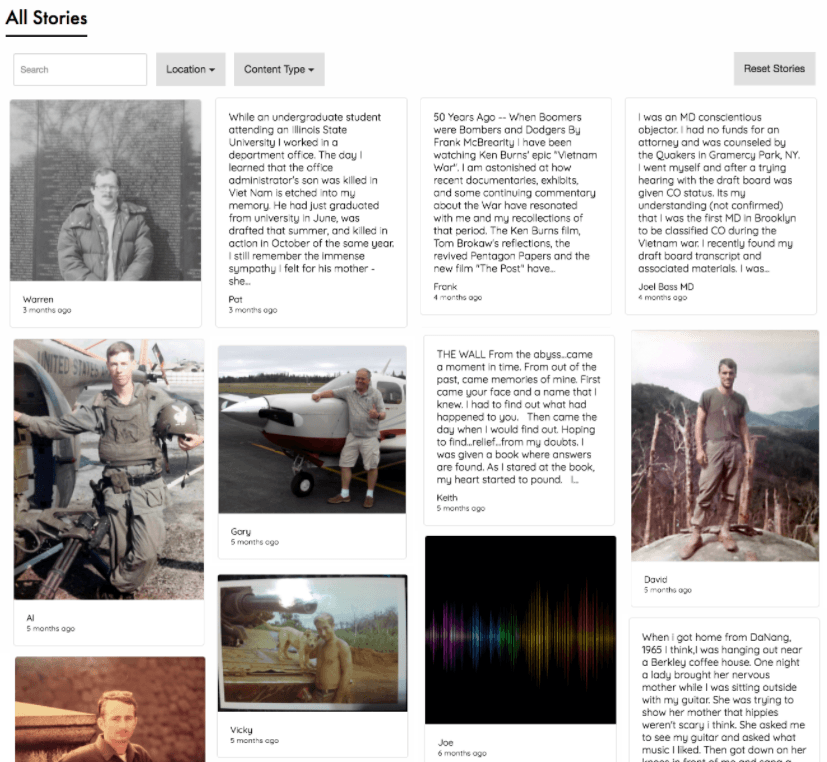
“It was great to see and showcase those stories, especially because there was such care given by the filmmakers to show all sides of the war and the various voices from the U.S. and Vietnam.”Eric Freeland, Senior Director of Digital Programing at PBS
The Impact of Personal Narratives
“It was kind of a tough and personal ask we were making to our viewers,” Freeland said, “but we were really happy with the quality and quantity of content we received.”
When they closed content submission at the end of 2017, PBS had received over 2,500 qualified viewer stories.
“The most popular form of content we received was probably text, the majority of which were very well written, thoughtfully sharing a wide range of Vietnam experiences.”
And the overall reaction PBS received from participating viewers was incredibly positive.
As Eric explained, “Beyond the sheer number of stories we received, it was clear that this campaign had truly connected with our viewers. Numerous people expressed how much it meant for their loved ones’ pictures and stories to be seen and remembered by others.”
To further amplify the reach of their viewers’ content, PBS partnered with USA Today to feature a selection of stories from the UGC campaign in their special print edition commemorating the 50th anniversary of the start of the Vietnam War.
[Insert USA Today Image]
Since their Stackla-powered UGC campaign played a key role in the overall success of The Vietnam War digital viewer experience, PBS has expanded their use of UGC throughout other programs and campaigns, including The Great British Baking Show, Mister Rogers’ Neighborhood and We’ll Meet Again.
“Incorporating our viewers’ voices into our programing and initiatives has helped us create more immersive digital experiences for our audiences.”
Other case studies

